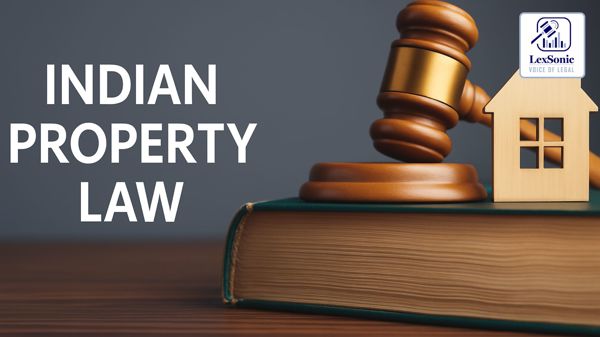Beyond Possession: Examining Third-Party Resistance to Decree Execution and Title Disputes.
17 April 2025
Property Law >> Personal Law
The petitioners, decree holders in a suit for specific performance (SCS No. 747 of 2007), sought to execute a decree directing the transfer of a developed plot of land in Ulwe, Navi Mumbai. This plot was to be allotted by CIDCO to Respondent Nos. 1 and 2, who claimed to be the successors-in-interest of the original landholder, Mahadeo Alias Mahadu Changu Tandel, whose agricultural land was acquired by CIDCO.

The executing court, while acknowledging that Section 47 CPC was inapplicable as Respondent Nos. 4 to 19 were not parties to the original suit, entertained their application as a resistance to the execution under Order XXI Rule 97 of the CPC. This order prompted the decree holders to file a petition under Article 227 of the Constitution of India, challenging the executing court's decision.
CIDCO, represented by Mr. Rohit Sakhadeo, supported the executing court's order, arguing that the decree itself was flawed as it contravened the Land Disposal Rules and that there was no contractual privity between CIDCO and the petitioners.
Justice N.J. Jamadar of the Bombay High Court carefully considered the rival submissions and the relevant provisions of the CPC. The court noted that Respondent Nos. 4 to 19 were not parties to the suit and claimed an independent right to the property.
Analyzing the text of Rule 97, the court highlighted that it addresses resistance to a decree holder obtaining possession of immovable property. The court also referred to the Supreme Court's rulings in Bhanwar Lal Vs Satyanarain & Anr. (1995 (1) SCC 6) and Brahmdeo Choudhary, which established that "any person," including those claiming an independent title, could offer resistance under this rule, triggering an inquiry by the executing court. The Supreme Court in these cases emphasized that Order XXI provides a comprehensive code for resolving disputes related to the execution of possession decrees.
In the present matter, the High Court reasoned that the core dispute revolved around the entitlement of Respondent Nos. 1 and 2 to the plot, which was directly linked to their claim of being the legal heirs of Mahadu Tandel. The subsequent revocation of their heirship certificate and the granting of a new one to Respondent Nos. 4 to 19 underscored the fundamental challenge to the decree's executability. The court opined that the transfer of the plot by CIDCO to the petitioners was a direct consequence of the execution of the transfer deed by the judgment debtors. Therefore, the resistance based on the alleged lack of title of the judgment debtors in the first place was a valid ground for the executing court to adjudicate.
This case serves as a crucial reminder of the broad scope of Order XXI Rule 97 in addressing obstructions to the execution of decrees, even by third parties asserting independent rights that challenge the very foundation of the decree's validity. It underscores the executing court's duty to inquire into such resistances to ensure that the process of law is not used to perpetuate fraud or injustice.
Section 227, Constitution of India - 1950
Section 47., Code of Civil Procedure - 1908
